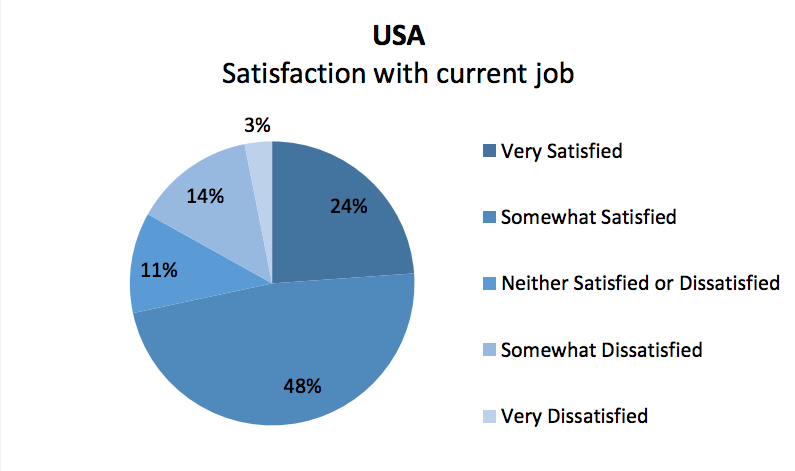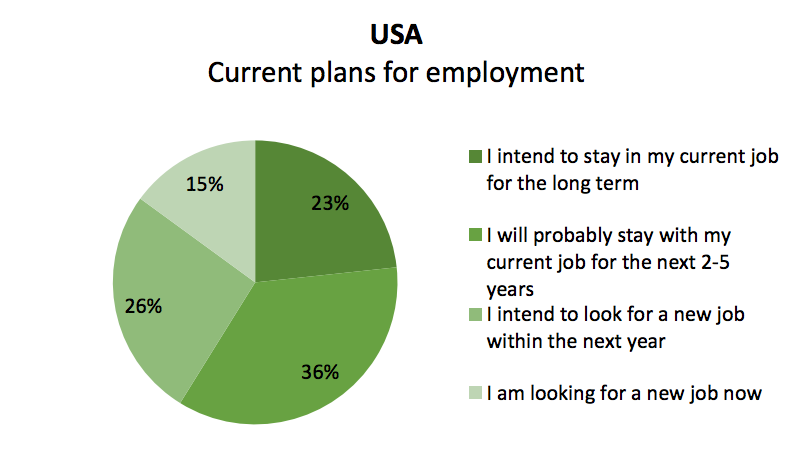#CareerAdvice : #JobPromotion – What No One has Told you About How to Land a #Promotion …Landing a Promotion Involves a Lot More than Just Being a Great Employee. Often, it Involves a Lot of Preparation in Addition to Doing your Job Well.
Employee turnover is expensive for companies. In fact, turnover costs businesses more than the average promotion. According to research, replacing an employee who quits costs, on average, 21% of their annual pay.
Furthermore, Glassdoor research has shown that staying in a particular role for too long makes it more likely that employees will leave their company. With these points in mind and against the backdrop of a job-seeker-first job market, it may be the perfect time to ask for a promotion.
Thinking about the next step in your career path can seem easy: Put a plan together, talk to your boss, and voilà, you’ve got a promotion. But unfortunately, the game isn’t played that way. There are a few unspoken rules of promotions.
Bookmark this page and read carefully. Here are the keys to landing a promotion that very few people will tell you about.
RULE 1: YOU MUST BUILD A CASE
Before speaking to your boss about all the reasons you think you deserve a raise or promotion, have a solid answer to each of these questions:
- What have you done to add value beyond your job description? Can you find a way to quantify these achievements? We all get paid to do our jobs well, so simply performing and completing your tasks is not grounds for promotion.
- How does promoting you help the organization? Will promoting you create a headcount reduction, or increase efficiencies on your team?
- What exactly are you asking for? Go in with a firm case for what you want, and don’t expect your supervisor to make the ask for you. Take the time to research your realistic value in the job market though sites like Glassdoor.
RULE 2: YOUR PERSONAL BRAND MATTERS
Today, it’s not only important to be good at what you do, but also to become visible to the right people in the right way. That doesn’t mean sucking up to your boss, though. The key is to position yourself as an expert so that you’re looped into all the important events and activities in your organization, and your opinion is sought after by the top people in your company. It’s about being relevant, creating value for your company, and proactively communicating to others in your organization.
Connect with the business leaders in your organization who are relevant to your field of interest and can help you grow professionally. For example, if you want to become a marketing thought leader, you need to reach out to the VP of marketing or the CMO. It won’t be productive if you network with the CTO or IT head of your company instead.
Ask them if you can get 15-30 minutes on their calendar to meet them and learn more about their work. In these meetings, briefly talk about your background, achievements, and ambitions. Also, offer to help them with any of their projects.
Like this Article ? Share It ! You now can easily enjoy/follow/share Today our Award Winning Articles/Blogs with Now Over 2.5 Million Growing Participates Worldwide in our various Social Media formats below:
FSC LinkedIn Network: www.linkedin.com/in/fscnetwork
Facebook: http://www.facebook.com/pages/First-Sun-Consulting-LLC-Outplacement-Services/213542315355343?sk=wall
Google+: https://plus.google.com/115673713231115398101/posts?hl=en
Twitter: Follow us @ firstsunllc
Question: Want the ‘the best/current articles/blogs on the web’ on Job Search, Resume, Advancing/Changing your Career, or simply Managing People?
Answer: Simply go to our FSC Career Blog below & type(#career, #leadership, #life) in Blog Search: https://www.firstsun.com/fsc-career-blog/
What Skill Sets do You have to be ‘Sharpened’ ?
Continue of article:
RULE 3: KNOW YOUR WORTH
Before entering any talks regarding a promotion, you need to know your worth. Understanding your value to your company, and on the open job market, gives you the negotiating power you need to get a promotion.
Knowing your worth gives you leverage in promotion discussions because you’ll be able to display your objective value. An easy way to do this is by using Glassdoor’s Know Your Worth tool, which will show you your true market value, how it compares to other workers in the same field, current market salary, and other open jobs with current salary data.
Before going into any conversation for a promotion, come prepared with
- Your real worth on the open market
- A list of your current tasks and responsibilities
- Data demonstrating the value you bring to the company
RULE 4: LOOK FOR THE SIGNS
Having a professional role that both engages and challenges you is a cornerstone of job fit. Savvy managers are aware of this, and make team members’ professional development a priority.
One major sign that the boss is considering you for promotion is they will assign you a stretch assignment. It’s a nod that management recognizes your diligence, skill, and talent and has confidence in your ability to take it to the next level. Mikaela Kiner, founder and CEO with uniquelyHR, explains, “A stretch assignment might be deliberately created to advance talented employees, or it may be the result of organizational growth, an unexpected vacancy, or a new product or initiative.”
Whatever prompted you to earn the nod, you’ll recognize a stretch assignment because it seems a bit lofty. Kiner further explains: “The assignment should help you do one or more of the following: Build new skills, increase your visibility, try out a new discipline or geography, or gain an experience like managing people that you haven’t had before.” While this may seem a bit intimidating, Kiner assures: “Leadership will only ask you to take on a stretch assignment if they believe that you can do the work and that it will develop your skills.”
RULE 5: DON’T ASSUME YOUR HARD WORK IS BEING NOTICED
If you want more attention for your work and a promotion, you’re going to have to speak up. Assuming that the boss is taking copious notes about your work, progress, and projects is naive. If you do, you will consistently do excellent, promotion-worthy work that you never quite step up to take credit for, and have great ideas that you don’t reveal during meetings (anyone else sit quietly through brainstorming sessions only to email the team lead 10 new ideas once the meeting ends?).
If you want to speak up and get credit for your ideas in person but you know you’re an introvert, give yourself some backup. Attend meetings with thorough notes on what you want to share and refer to those notes as you speak. It can even help to preface your contribution with a phrase that explains that you’re not thinking on your feet such as, “I was thinking about this over the weekend, and I had an idea that we could . . . ” or, “Susana said something interesting last week that got me thinking about . . . ” These phrases take the pressure off the moment and give some weight to what you have to say.
RULE 6: THINK COMPANY FIRST, INDIVIDUAL SECOND
To get the lowdown on promotions at your company without inadvertently suggesting to your employer that you’re not satisfied with your current situation, try to frame everything from the perspective of how you can best serve the company.
“With HR or your boss, frame this in a way that highlights your desire to excel and benefit the organization: ‘I feel I could do more here and would like to know how best to pursue a strong career path . . . Could really use your help to navigate the best way to get there,’” suggests Laura MacLeod, creator of From The Inside Out Project®. “Also, [fusion_builder_container hundred_percent=”yes” overflow=”visible”][fusion_builder_row][fusion_builder_column type=”1_1″ background_position=”left top” background_color=”” border_size=”” border_color=”” border_style=”solid” spacing=”yes” background_image=”” background_repeat=”no-repeat” padding=”” margin_top=”0px” margin_bottom=”0px” class=”” id=”” animation_type=”” animation_speed=”0.3″ animation_direction=”left” hide_on_mobile=”no” center_content=”no” min_height=”none”][it’s] important to stress your desire to stay with the organization long-term.”
Try not to ask any questions or make any comments that come across as crass or self-serving.
“Keep questions factual: seniority, experience and educational needs, responsibilities of the job. Don’t ask about pay or specific conditions [like] late hours or days off. This looks like you’re seeing if it fits into your plan, not the needs of the company,” MacLeod says. “Always focus on your desires and plans being aligned with company progress–this makes you a strong team player.”
FastCompany.com | October 11, 2018 | BY GLASSDOOR TEAM 6 MINUTE READ
[/fusion_builder_column][/fusion_builder_row][/fusion_builder_container]









